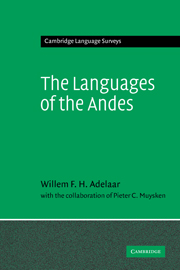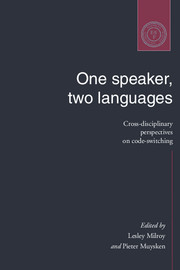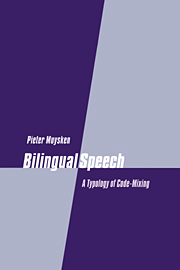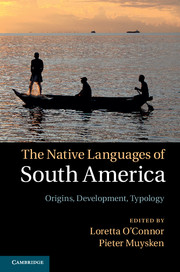Functional Categories
In every language there are descriptive lexical elements, such as evening and whisper, as well as grammatical elements, such as the and -ing. The distinction between these two elements has proven useful in a number of domains, but what is covered by the terms, lexical and grammatical, and the basis on which the distinction is made, appear to vary according to the domain involved. This book analyses the grammatical elements ('functional categories') in language, a topic that has drawn considerable attention in linguistics, but has never been approached from an integrated, cross-disciplinary perspective. Muysken considers functional categories from the perspective of grammar, language history, language contact and psychology (including child language and aphasia). Empirically based, the book examines the available converging evidence from these various disciplines, and draws on comparative data from a wide range of different languages.
- Discusses a topic which has drawn considerable attention in a number of sub-disciplines of linguistics but which has never been approached from an integrated, cross-disciplinary perspective
- Considers functional categories from the perspective of grammar, language history, psychology (including child language and aphasia), and language contact
- Written in a non-technical style and has a very wide scope so should appeal to psychologists and anthropologists as well as linguists
Product details
May 2008Adobe eBook Reader
9780511402456
0 pages
0kg
3 b/w illus. 43 tables
This ISBN is for an eBook version which is distributed on our behalf by a third party.
Table of Contents
- 1. Introduction
- Part I. Grammar:
- 2. Functional categories and language typology
- 3. Lexical, morphological and phonological dimensions of functional categories
- 4. Semantics and pragmatics
- 5. Theoretical syntax: the generative tradition
- Part II. Historical Linguistics:
- 6. Grammaticalisation
- 7. Linguistic reconstruction
- Part III. Psycholinguistics:
- 8. Speech production
- 9. Language development
- 10. Agrammatic aphasia and Specific Language Impairment
- 11. Language attrition and death
- Part IV. Language Contact and Bilingual Speech:
- 12. Sign languages
- 13. Code-switching and code-mixing
- 14. Lexical borrowing
- 15. Pidgin and creole genesis
- 16. Mixed languages
- 17. Foreigner Talk
- 18. Towards a modular and multi-dimensional perspective.







